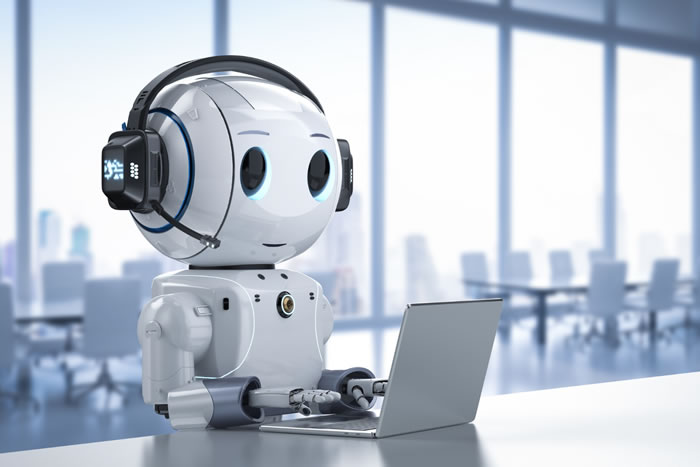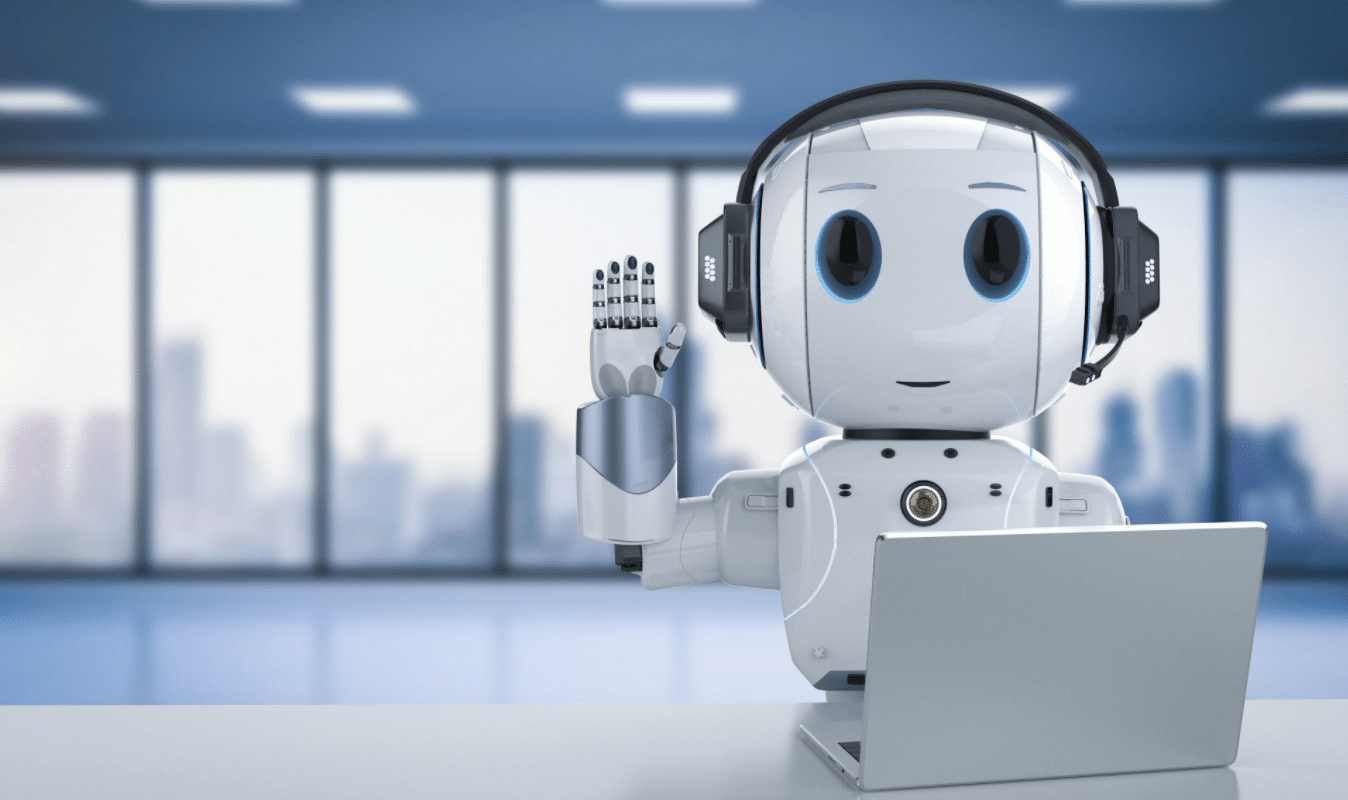No, chatbots are not sentient. While chatbots are designed to simulate human conversation and can respond to user input in natural language, they do not possess consciousness or subjective experience.
Chatbots are programmed using a combination of natural language processing (NLP) and machine learning techniques that enable them to understand user input and generate responses based on pre-defined rules or patterns learned from training data. Chatbots are not capable of independent thought or decision-making, and their responses are limited to the pre-defined rules and patterns they have been programmed with.
Sentience, on the other hand, refers to the capacity for consciousness or subjective experience. While humans and some animals are considered sentient beings, machines like chatbots are not.
In summary, chatbots are not sentient beings. They are programmed to simulate human conversation, but their responses are based on pre-defined rules and patterns, and they do not possess consciousness or subjective experience.
Sunday, April 23, 2023
Are Chatbots Safe?
Chatbots can be safe if they are designed and implemented with appropriate security measures in place. However, like any technology, chatbots can also pose security risks if they are not designed and implemented properly.
Some potential security risks associated with chatbots include:
1. Data breaches: Chatbots may collect personal information from users, such as names, addresses, and payment information. If this information is not stored securely, it could be vulnerable to hacking and data breaches.
2. Malware and phishing attacks: Hackers can use chatbots to distribute malware and phishing attacks to users, potentially compromising their devices and stealing their personal information.
3. False information: Chatbots that provide inaccurate or false information could mislead users and potentially harm them or their business.
4. Misuse of user data: Chatbots could be used to collect and misuse user data for nefarious purposes, such as identity theft or fraud.
To mitigate these risks, chatbot designers and implementers should follow best practices for data security and privacy, including:
1. Encrypting sensitive data and using secure storage systems to protect user information.
2. Implementing strong authentication and access controls to prevent unauthorized access to chatbot systems.
3. Regularly testing chatbots for vulnerabilities and addressing any security issues promptly.
4. Ensuring that chatbots are transparent about the data they collect and how it is used, and obtaining user consent before collecting personal information.
In summary, chatbots can be safe if appropriate security measures are in place. Chatbot designers and implementers should follow best practices for data security and privacy to minimize the risk of security breaches and protect user information.
Some potential security risks associated with chatbots include:
1. Data breaches: Chatbots may collect personal information from users, such as names, addresses, and payment information. If this information is not stored securely, it could be vulnerable to hacking and data breaches.
2. Malware and phishing attacks: Hackers can use chatbots to distribute malware and phishing attacks to users, potentially compromising their devices and stealing their personal information.
3. False information: Chatbots that provide inaccurate or false information could mislead users and potentially harm them or their business.
4. Misuse of user data: Chatbots could be used to collect and misuse user data for nefarious purposes, such as identity theft or fraud.
To mitigate these risks, chatbot designers and implementers should follow best practices for data security and privacy, including:
1. Encrypting sensitive data and using secure storage systems to protect user information.
2. Implementing strong authentication and access controls to prevent unauthorized access to chatbot systems.
3. Regularly testing chatbots for vulnerabilities and addressing any security issues promptly.
4. Ensuring that chatbots are transparent about the data they collect and how it is used, and obtaining user consent before collecting personal information.
In summary, chatbots can be safe if appropriate security measures are in place. Chatbot designers and implementers should follow best practices for data security and privacy to minimize the risk of security breaches and protect user information.
Are Chatbots Effective?
Chatbots can be effective in many situations, but their effectiveness depends on the specific use case and the quality of the chatbot's design and implementation.
In general, chatbots can be effective in the following scenarios:
1. Customer service: Chatbots can provide 24/7 support to customers, answering frequently asked questions and resolving common issues.
2. Sales and marketing: Chatbots can engage with website visitors and help guide them through the sales funnel, providing product recommendations and answering questions.
3. Personal assistance: Chatbots can help users perform tasks like scheduling appointments, setting reminders, and ordering products and services.
4. Information retrieval: Chatbots can be used to retrieve information from databases, search engines, and other sources, and provide users with relevant information.
However, for a chatbot to be effective, it must be well-designed and implemented. The chatbot must be able to understand user input, provide relevant responses, and handle complex queries. It must also be able to handle errors gracefully and provide clear and concise instructions to users. The chatbot must also be regularly maintained and updated to ensure that it continues to provide accurate and relevant information.
In summary, chatbots can be effective in many scenarios, but their effectiveness depends on the quality of their design and implementation. A well-designed and implemented chatbot can provide a valuable service to users and help businesses achieve their goals.
In general, chatbots can be effective in the following scenarios:
1. Customer service: Chatbots can provide 24/7 support to customers, answering frequently asked questions and resolving common issues.
2. Sales and marketing: Chatbots can engage with website visitors and help guide them through the sales funnel, providing product recommendations and answering questions.
3. Personal assistance: Chatbots can help users perform tasks like scheduling appointments, setting reminders, and ordering products and services.
4. Information retrieval: Chatbots can be used to retrieve information from databases, search engines, and other sources, and provide users with relevant information.
However, for a chatbot to be effective, it must be well-designed and implemented. The chatbot must be able to understand user input, provide relevant responses, and handle complex queries. It must also be able to handle errors gracefully and provide clear and concise instructions to users. The chatbot must also be regularly maintained and updated to ensure that it continues to provide accurate and relevant information.
In summary, chatbots can be effective in many scenarios, but their effectiveness depends on the quality of their design and implementation. A well-designed and implemented chatbot can provide a valuable service to users and help businesses achieve their goals.
Subscribe to:
Posts (Atom)



